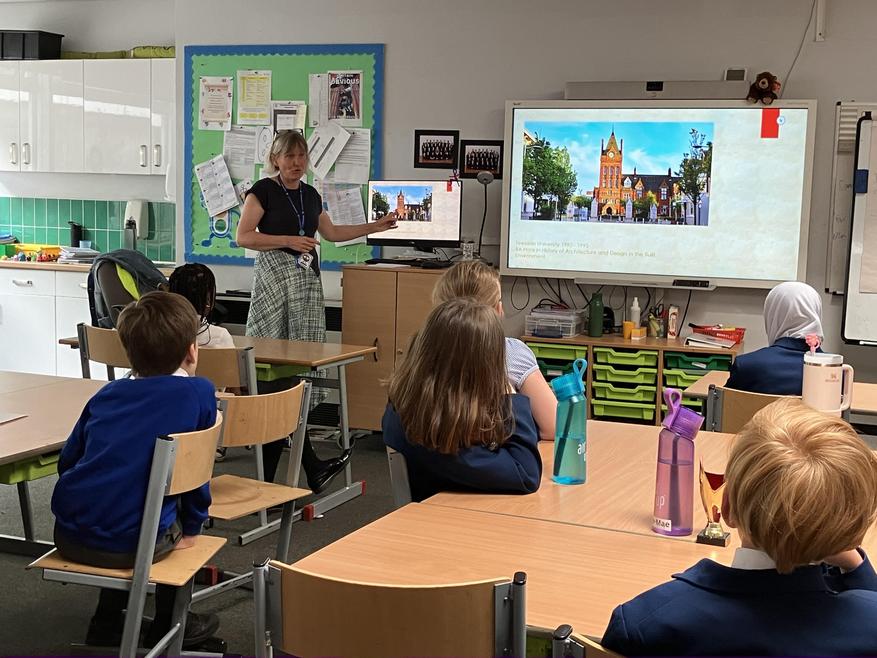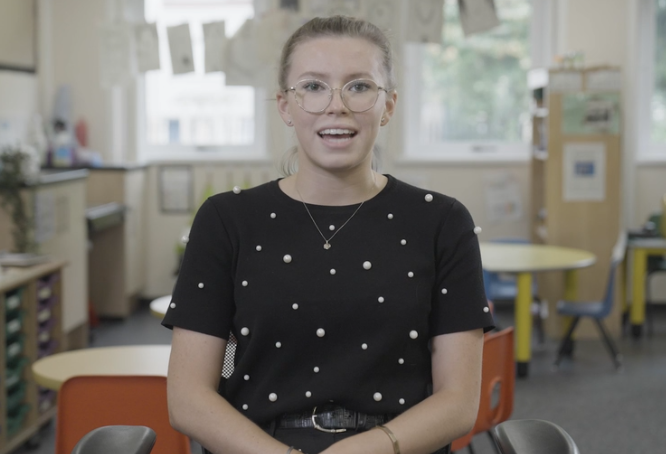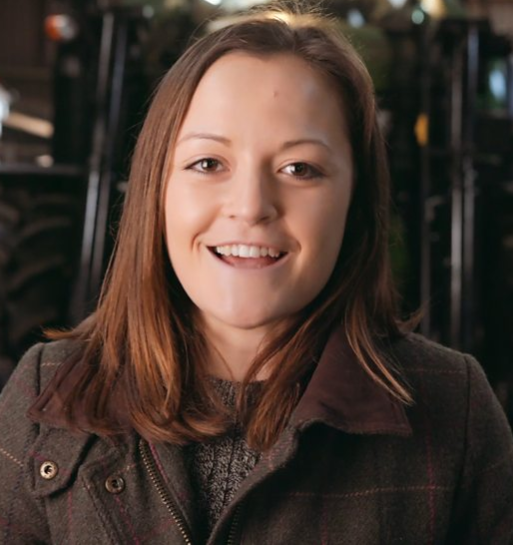
Part of Coastal Learning Partnership
Careers Related Learning
Career-related learning helps primary pupils to learn about the world around them, broaden their aspirations and challenge stereotypes. Quality career-related learning in primary school provides exposure to ideas that pupils may not get elsewhere.
Research shows us that starting career-related learning early is important. Pupils start to adopt stereotypes based on gender, ethnicity and social background from an early age. Such stereotypes can go on to influence career and subject choices.


Bea Collis
01202 743918
At Heatherlands we are embedding career-related learning into our curriculum, providing opportunities to broaden our pupils’ aspirations and challenge stereotypes they may hold; which may ultimately have a positive impact on their future life choices. Career-related learning in primary schools is not about setting pupils down a specific path, but ensuring they understand that there are many options open to them.

Impact on pupils
- Provides exposure to ideas that pupils may not get elsewhere
- Supports pupils to understand how the skills and knowledge they gain in school will be relevant throughout their life
- Addresses different sectors and skills to help you to broaden pupils’ horizons
Careers Related Learning Overview
Career of the Month
How to become a farmer?
Meet Aimee, 21, from the Shetland Islands in Scotland, to find out more about life as a farmer. Part of our Bitesize world of work series.
Young people should definitely get involved in agriculture.
- Aimee runs a farm with her sister - they look after cows and sheep and produce beef and lamb
- Aimee juggles farming with studying and recently completed a degree in Agriculture
- She uses Maths to keep track of the farm's accounts - for example, how much beef they sell each month
- Her farm is very big and runs across 300 hectares. One hectare is the size of an international rugby pitch or Trafalgar Square in London!
What to expect if you want to be a farmer
- Farmer average salary: £21,000 to £50,000 per year
- Farmer typical working hours: 39 to 41 hours per week
What qualifications do you need to be a farmer?
You could get into this role via a university course, a college course (such as a Level 2 certificate, a Level 3 Diploma, or a T-level in Agriculture, Land Management and Production - England-only, from Sept 2023), an apprenticeship, or by working towards the role by working as a supervisor, unit manager or assistant manager, and then moving into farm management.
Meet Hollie, a primary school teacher in Glasgow.

One reason Hollie became a teacher was to help children learn about the world around them and understand what actions they can take to protect it.
Find out about Hollie's career and how she helps children to learn about the environment.
"It’s an extremely rewarding job and being able to see small changes that are going to take a child somewhere fantastic is what teaching is all about."
Hollie, teacher
- Hollie completed a Master of Arts in Education. There are other routes into teaching, but Hollie always knew she wanted to be a primary school teacher and applied for four year university course.
- Learning for Sustainability is an education initiative in Scotland which encourages outdoor learning, global citizenship and social welfare. Teachers in Scotland should be able to demonstrate Learning for Sustainability in their lessons and all students are entitled to learn about the environment.
Green education 
Education is vital to encourage young people to take action on the environment.
Teachers need to be able to support children to understand issues, whilst communicating challenging and sensitive subjects in a way that helps children to feel empowered and inspired.
Teachers can also model this behaviour and ensure that schools adopts sustainable practices.
The environment affect every subject we learn about, so teachers like Hollie need resources to make learning fun and accessible.
With climate and the environment becoming more central to curricula across the UK, demand for skills in this area are likely to grow.
Salary and hours

- Primary school teacher average salary: £25,714 to £41,604 per year
- Primary school teacher typical hours: 37 to 45 hours per week
Entry requirements

- Undergraduate degree: You could get into this role by doing an undergraduate degree that leads to qualified teacher status (QTS), such as a Bachelor of Education (BEd). You'll usually need GCSEs (or equivalent) at grades 9 to 4 (A* to C), including maths, English and science and two to three A-levels or equivalent for a degree
- Postgraduate study/training: If you have a degree in a curriculum subject without QTS, you can qualify as a teacher by completing a postgraduate teacher training course at university or on a school-based training programme
- Apprenticeship: You can also get into this career through a teacher higher apprenticeship, if you have a relevant degree and want to teach 5 -11-year-olds. You'll usually need GCSEs (or equivalent) at grades 9 to 4 (A* to C), including maths, English and science, and a degree in a relevant subject
- Work: You could also work towards this career by starting as a teaching assistant and doing a part-time degree. You could then move onto a postgraduate teaching course to get qualified teacher status.
Meet Ewan, 20, from south London and find out more about life as a motorbike mechanic at a company called Ace Classics. Part of our Bitesize world of work series.

"My job is most definitely my passion."
- Ewan grew up loving classic cars – his first car was a 1957 Austin A35
- He developed his knowledge beyond cars by completing a Level 3 Extended Diploma in Agricultural Engineering where he learnt about tractor engines
- The company Ewan works for specialises in vintage motorbikes. He services engines, completes repairs and talks to customers.
Another name for a motorbike mechanic is a motorcycle mechanic.
What to expect if you want to be a motorcycle mechanic
- Motorcycle mechanic average salary: £18,000 to £30,000 per year
- Motorcycle mechanic typical working hours: 38 to 40 hours per week
What qualifications do you need to be a motorcycle mechanic?
You could get into this role via an advanced apprenticeship, a college course, or by applying directly if you have relevant experience. College courses include a Level 2 and Level 3 Diploma in Motorcycle Maintenance and Repair Competence or a T-level in Maintenance, Installation and Repair for Engineering and Manufacturing (England-only, from Sept 2022).
We are working alongside Bournemouth university and the Dorset Careers Hub to support our children to dream big about their future careers.
https://www.dorsetcareershub.co.uk/start-small--dream-big
If you, or anyone you have contact with are interested in supporting our careers related learning programme - from EYFS to Year 6, please contact the school office.
We are always looking for volunteers to come in and talk about their careers and career paths and to introduce the children to the opportunities available to them within the local commutiy and beyond.

42B of the Education Act 1997, often known as the 'Baker Clause' requires all academies and maintained schools to ensure that there is an opportunity for a range of education and training providers to access all pupils in year 8 to year 13 for the purpose of informing them about approved technical education.

